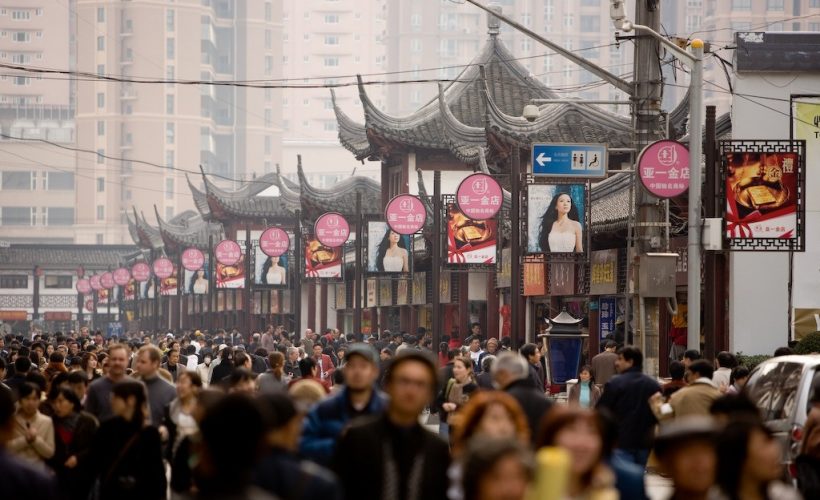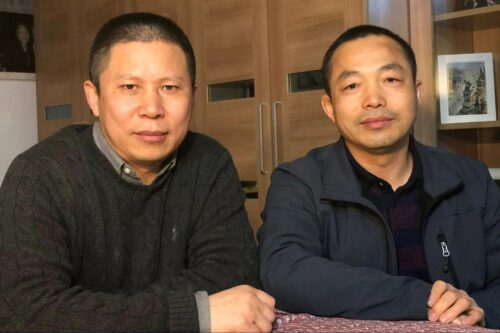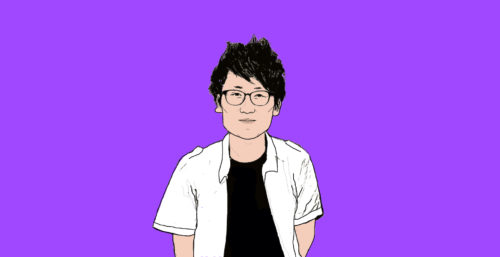This week’s column comes from one of Kaiser’s recent answers originally posted to Quora on March 26, 2015.
Is there any possibility of a smooth and peaceful transition of China into democracy without running into social chaos and economic meltdown, like that in the Arab Spring?
I’m assuming that by “democracy” you mean a multi-party pluralistic state with universal adult suffrage, and I’m also assuming that by “Arab Spring-style chaos” you mean more toward the Libya/Syria end of the spectrum than the rather less messy Tunisian outcome.







